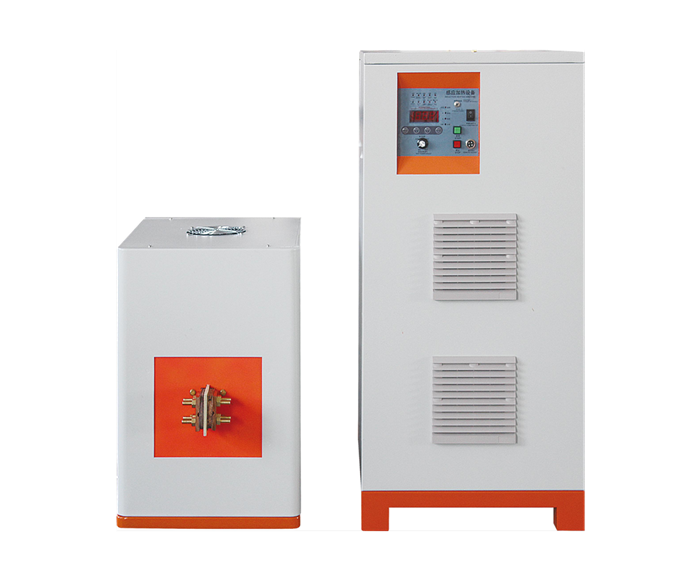Revolutionizing Metal Hardening with Ultra-High Frequency Induction Heating Machines
The world of manufacturing and metalworking has seen significant advancements over the years, driven by the need for precision and efficiency. Among these advancements, the Ultra-High Frequency Induction Heating Hardening Machine stands out as a remarkable innovation. This technology has revolutionized the way metals are hardened, offering enhanced precision, speed, and energy efficiency.
Understanding Induction Heating
Before diving into the world of Ultra-High Frequency Induction Heating Hardening Machines, it's essential to grasp the concept of induction heating itself. Induction heating is a process in which a magnetic field induces eddy currents within a conductive material, leading to its rapid and uniform heating. The principle behind this technology relies on electromagnetic induction, where the heat is generated directly within the material itself.
Ultra-High Frequency Induction Heating
The key to the exceptional performance of Ultra-High Frequency Induction Heating Machines lies in their ability to generate high-frequency electromagnetic fields. These machines operate in the radiofrequency range, typically between 100 kHz and 10 MHz. This ultra-high frequency results in several benefits:
Precision: The high-frequency induction heating process offers precise control over the temperature and depth of hardening. This level of accuracy is especially valuable in industries that demand strict quality control and consistency in their products.
Speed: Ultra-high frequency induction heating machines are incredibly fast. They can heat metal components rapidly, reducing cycle times and increasing productivity. This speed is a game-changer in industries where time-to-market is crucial.

Energy Efficiency: Unlike traditional heating methods, which often waste energy due to heat loss, induction heating is highly efficient. It heats only the target material, minimizing energy consumption and costs.
Applications
Ultra-High Frequency Induction Heating Hardening Machines find applications in various industries, such as:
Automotive: In the automotive industry, these machines are used to harden components like crankshafts, camshafts, and gears. The precise and rapid heating process ensures the durability and reliability of these crucial engine parts.
Aerospace: Aerospace manufacturers use induction hardening to enhance the strength and wear resistance of aircraft components like landing gear and turbine blades. The precise control over the hardening process is vital to ensure the safety of these critical components.
Manufacturing: In general manufacturing, Ultra-High Frequency Induction Heating Machines are employed for hardening tools and dies, as well as for surface hardening of various industrial equipment. This extends the lifespan of these components, reducing maintenance costs.
Benefits of Ultra-High Frequency Induction Heating
Quality Improvement: The precision and consistency offered by ultra-high frequency induction heating result in improved product quality. Manufacturers can produce parts with enhanced mechanical properties, leading to increased product reliability and customer satisfaction.
Cost Savings: Although the initial investment in an Ultra-High Frequency Induction Heating Machine may be significant, the long-term cost savings are substantial. Reduced energy consumption, decreased material waste, and improved process efficiency all contribute to a strong return on investment.
Environmental Friendliness: The energy-efficient nature of induction heating aligns with the growing emphasis on sustainability. It reduces carbon emissions and minimizes the environmental impact of manufacturing processes.
Conclusion
Ultra-High Frequency Induction Heater have undeniably transformed the world of metal hardening. With their precision, speed, and energy efficiency, they are becoming indispensable in a wide range of industries. As technology continues to advance, these machines are likely to play an even more prominent role in enhancing the quality and efficiency of manufacturing processes. As manufacturers seek to stay competitive in an ever-evolving global market, embracing this revolutionary technology is a step in the right direction.




